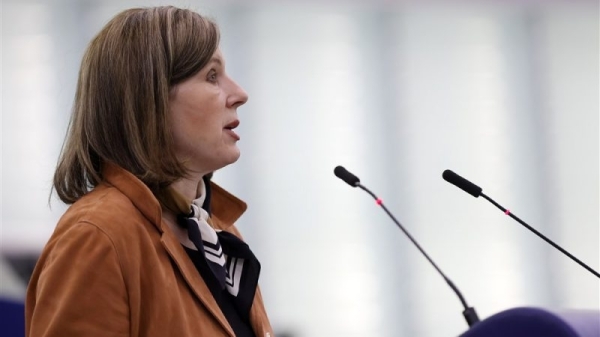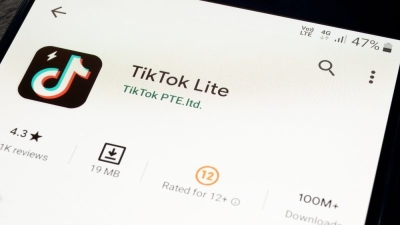EU demands stiffer sanctions for corruption

The European Commission presented new anti-corruption rules on Wednesday (3 May) which aims to stiffen penalties for EU or national officials involved in corruption.
The draft Directive sets rules for “prevention” and “repression” instances that member states must harmonise in their judicial systems when dealing with corruption.
The scope of the bill would make bribery in the public and private sector, misappropriation, trading influence, abuse of functions, obstruction of justice, and enrichment from corruption harmonised criminal offences. At present, bribery is the only corruption offence criminalised at EU level.
Commission officials said that treating the private and public sectors equally within the scope of the legislation would end the “opaque” procedures around lifting immunity from prosecution for individuals.
The Commission proposes to increase the “minimum maximum penalty” for bribery in the private sector from the current 1-3 years, to 4-6 years, depending on the seriousness of the crime.
The directive also proposes a minimum length of the statute of limitation period to between 8 to 15 years, depending on the extent of the offence, in order to give time to authorities to properly investigate.
A Commission official told journalists that the executive believes that harmonisation among EU judicial systems will disincentive people to conduct criminal activities in countries with lower penalties.
The new minimum sentences and legal definitions will sit alongside a requirement for member states to establish anti-corruption agency and cooperate with a revamped EU anti-corruption network.
EU home affairs commissioner, Ylva Johansson told reporters that the different national definitions of corruption had created “an obstacle when it comes to the police cooperation for an investigation … and for prosecution”.
70% of people in the EU are convinced that corruption is widespread, according to data published by Eurostat, while 30% think that their governments are fighting corruption. 48% believe that there is no point in reporting corruption because the cases will not be properly investigated.
The EU executive is confident that the proposal will be adopted by MEPs and national ministers before the end of the current legislative mandate, which will expire next Spring, a Commission source told journalists.
For their part, a European Parliament source told EURACTIV that EU Commissioner Věra Jourová will attend the leaders of the assembly’s political groups, known as the Conference of Presidents, for a first “exchange of views” on the proposal on Thursday.
Read more with EURACTIV




